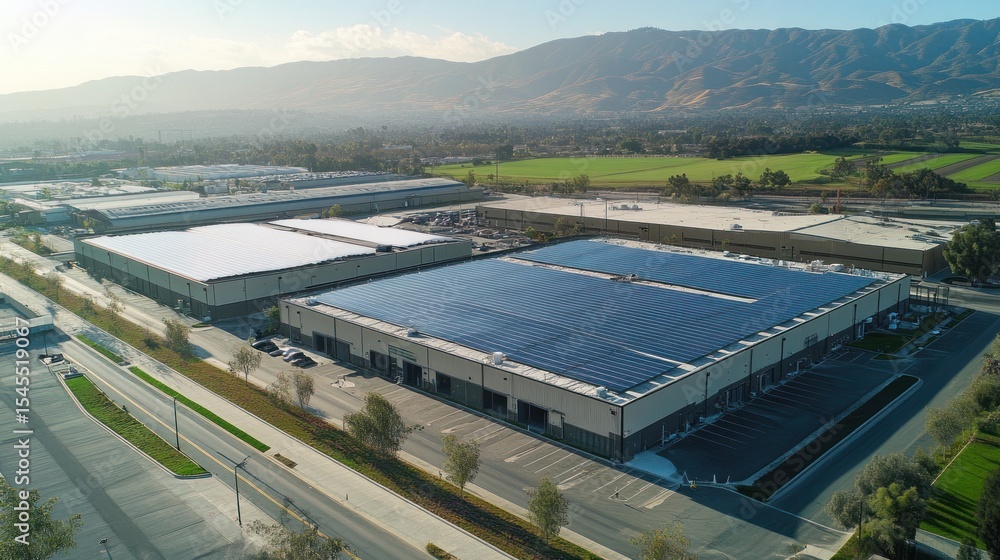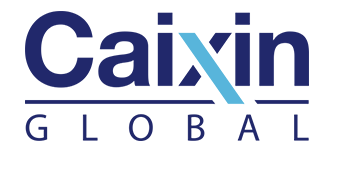China’s Battery Firms Urged to Proceed Cautiously with Overseas Expansion Amid Policy Uncertainty
By An Limin and Denise Jia

China’s battery makers should exercise greater caution when building factories in Europe and the U.S. due to fast-shifting policy environments, a senior industry executive warned Tuesday.
Yang Hongxin, chairman and CEO of Chinese battery startup SVOLT Energy Technology Co. Ltd., told the World Power Battery Conference on Tuesday that regulatory uncertainty and sharply higher operating costs overseas pose major risks to Chinese companies planning global expansion.
Yang revealed that BMW once proposed a large battery order contingent on SVOLT building a plant in Germany, but the company eventually walked away. “The cost of building a factory in Germany was simply too high — labor alone is five times more expensive than in China, and total costs would exceed domestic levels by about 50%,” he said.
Europe’s push toward electrification has driven demand for local battery production. The EU plans to ban internal combustion engine (ICE) vehicles by 2035, and a revised Battery Regulation enacted in August 2023 includes subtle localization requirements. Automakers now often expect suppliers to manufacture batteries near their production hubs.
Major Chinese players like Contemporary Amperex Technology Co. Ltd. (CATL) have already invested heavily in Europe, with factories in Germany, Hungary, and Spain. But electric vehicle (EV) adoption in the region has fallen short of expectations, pressuring automakers and prompting industry groups to call for a review of the 2035 ban. Some have advocated allowing plug-in hybrid vehicles beyond that deadline.
Yang cautioned that if local production mandates are delayed or weakened, battery makers without legal obligations may find European plants commercially unviable compared to direct exports from China. “These factories require huge investments. For smaller companies, expanding capacity overseas without clear policy support carries major operational risks,” he said.
Similar uncertainty looms in the U.S., where generous tax incentives for EVs under the 2022 Inflation Reduction Act are already being rolled back. President Trump’s “Big and Beautiful Bill,” passed in July 2025, revoked many of these benefits, with related tax credits expiring in September.
U.S. automakers have reacted swiftly. On Oct. 29, General Motors announced 1,700 job cuts at plants in Michigan and Ohio due to softening EV demand. Two associated battery factories will halt production in January 2026 for upgrades.
Yang said international expansion remains a long-term trend, but exporting technology rather than physical capacity may be more viable in the current climate. CATL, for example, has promoted a “license-and-operate” model in which it provides technology and operates factories financed by automakers. One such venture with Ford Motor Co. is already under construction.
caixinglobal.com is the English-language online news portal of Chinese financial and business news media group Caixin. Global Neighbours is authorized to reprint this article.
Image – stock.adobe.com

